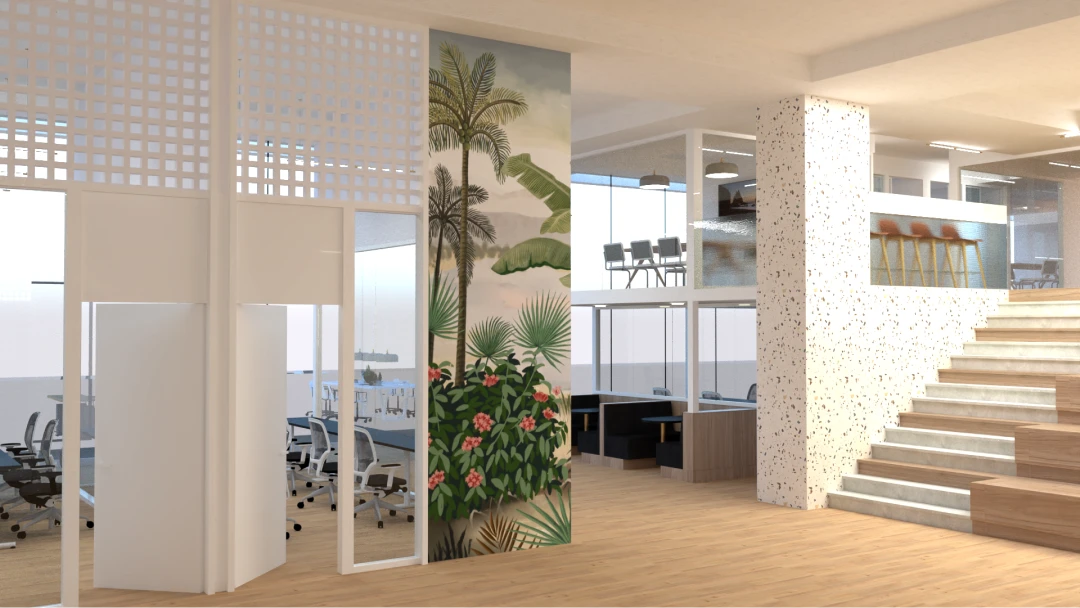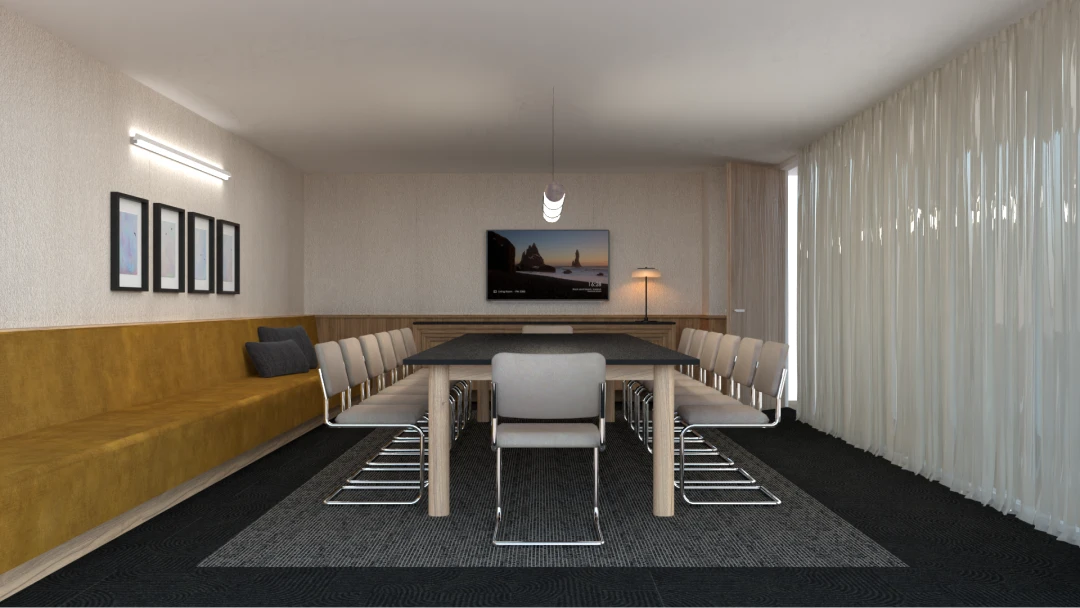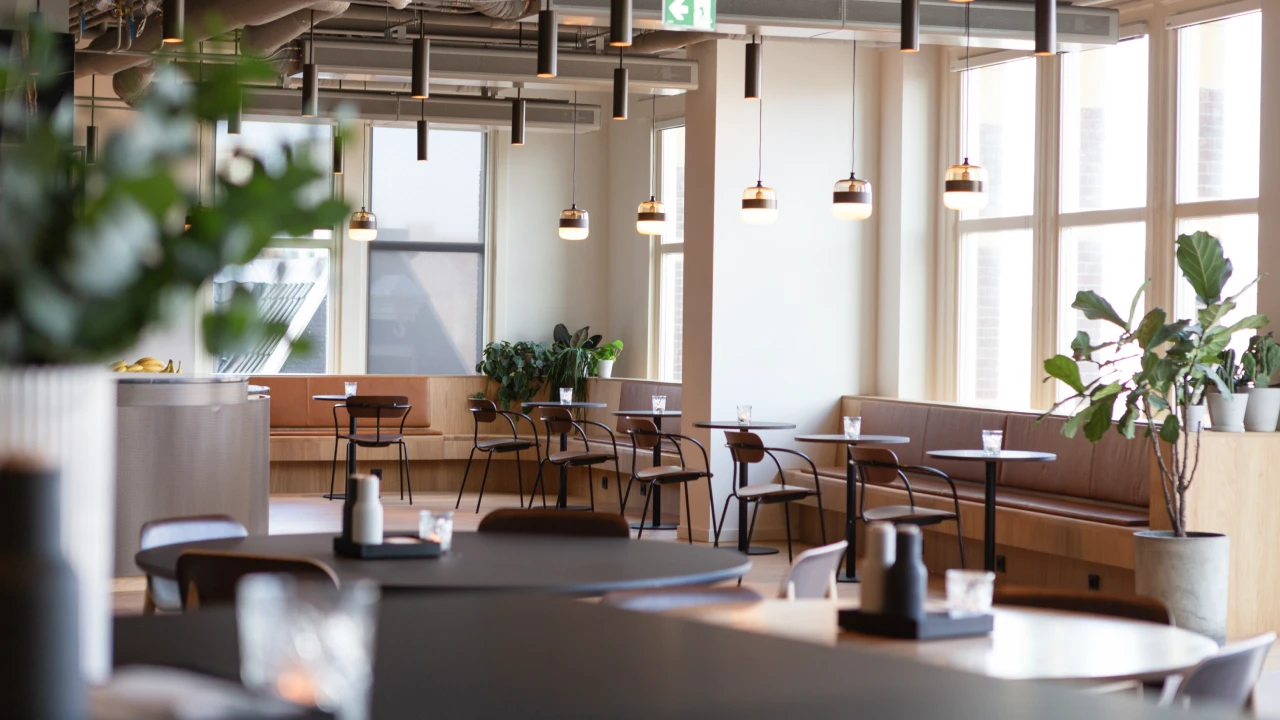1. Location Matters
-
Accessibility: When choosing an office space, accessibility is paramount. A convenient location for both your team and clients can make a significant difference in daily operations. Consider the following aspects:
-
-
Proximity to Transportation Hubs: Easy access to public transportation such as buses, trains, and airports can make commuting more convenient for your employees and clients, reducing stress and improving punctuality. Did you know? OP Tower is just a 6-minute drive from Mohali International Airport.
-
Healthcare Facilities: Being close to healthcare facilities can be beneficial in emergencies and for regular health check-ups. Having a nearby medical center can also provide peace of mind for employees, contributing to their overall well-being.
-
Parking Spaces: Adequate parking facilities are essential, especially if your team or clients rely on personal vehicles. Convenient parking can save time and reduce the hassle of finding a spot, which is a significant factor in urban areas. OP Tower boasts ample parking space, enough to cater to your team and clients.
-
Amenities: Proximity to restaurants, cafes, banks, and other essential services can improve the overall experience for your employees and clients. Imagine stepping out of your office for a quick coffee break and finding a cozy café just at the reception just like the Bloom Cafe at OP Tower.
-
-
Strategic Advantage: A prime location can offer a strategic advantage by enhancing your business’s visibility and accessibility. Being in a well-known business district or a central location can attract more clients and create a positive impression of your company. Companies located in prime business districts tend to attract 20% more client visits compared to those in less central locations. Additionally, a prestigious address can boost your brand’s reputation and provide networking opportunities with other businesses in the area.

2. Amenities and Well-Being
-
Natural Lighting: Natural lighting plays a crucial role in creating a pleasant and productive work environment. Studies have shown that employees who work in natural light are 15% more likely to report higher job satisfaction due to a positive impact on mood, energy levels, and overall productivity. When selecting an office space, look for large windows and open layouts allowing natural light flow in.
-
Green Spaces: Access to green spaces and outdoor areas can significantly promote employee well-being. Having a nearby park or a rooftop garden can provide a refreshing break from work, reduce stress, and enhance creativity. Spending just 20 minutes in a park can improve mood and cognitive function. Green spaces at OP Tower will encourage your team to spend time outdoors during breaks to recharge and rejuvenate.
-
Community Areas: Shared community areas within the office can foster collaboration and create a sense of camaraderie among employees. Consider spaces such as lounges, cafeteria, and break rooms where team members can interact informally, share ideas, and build relationships. Companies with well-designed community areas see a 25% increase in spontaneous collaboration.
-
Recreational Facilities: Including recreational facilities such as sports areas, can contribute to a healthier and more balanced work environment. Providing opportunities for physical activity can improve employees’ well-being, reduce stress, and boost overall job satisfaction. All these facilities are combined into a multisport complex at OP Tower.
3. Scalability and Flexibility
-
Adaptability: As your business grows, your office space needs may change. Opt for customizable layouts that can accommodate your team’s evolving requirements. Flexible office spaces allow you to reconfigure the layout, add or remove workstations, and create different types of work areas based on your needs. Did you know? Flexible office spaces can reduce relocation costs by up to 50%.
-
Ergonomic Furniture: Investing in ergonomic furniture is essential for supporting comfort and productivity. Ergonomic chairs, adjustable desks, and proper lighting can prevent physical discomfort and reduce the risk of musculoskeletal issues. Ergonomic workspaces can decrease absenteeism by 30%.
4. Design and Productivity
-
Distraction-Free Workspaces: Creating a distraction-free environment is crucial for maintaining focus and productivity. OP Tower uses facade glass to minimize noise and interruptions from outside.
-
Transparent Pricing: Understanding the costs associated with your office space is vital for effective budgeting as it can improve your financial planning and reduce unexpected costs by 40%. Look for transparent pricing structures that outline all expenses upfront, including rent, utilities, maintenance, and additional services. Avoid hidden costs that could strain your budget and lead to financial challenges.
-
Expert Management: Well-managed office spaces can optimize efficiency and provide a smooth operational experience. Consider spaces managed by professional companies that offer services such as cleaning, maintenance, and technical support. Having OP Tower’s reliable management team can free up your time to focus on core business activities.

5. Security and Safety
-
Robust Measures: Ensuring the safety and security of your office space is a top priority. Look for spaces equipped with robust security measures such as CCTV surveillance, alarm systems, and access control. OP Tower enforces access control by installing flap and boom barriers to keep your assets, data, and employees from potential threats.
-
Power Backup: Uninterrupted operations are essential for maintaining productivity and meeting deadlines. Ensure that your office space has a reliable power backup system in place to handle power outages. Backup generators and uninterruptible power supply (UPS) systems can prevent disruptions and keep your business running smoothly.
6. Sustainability and Environment
-
Green Buildings: Sustainability is becoming increasingly important for businesses. By 2025, green-certified office spaces are expected to comprise 25% of the market. Choosing a green building can not only reduce your environmental impact but also attract eco-conscious clients and employees. Look for certifications such as LEED (Leadership in Energy and Environmental Design) or BREEAM (Building Research Establishment Environmental Assessment Method) when selecting an office space or visit IGBC Gold standard certified OP Tower.
-
Energy Efficiency: Energy-efficient designs can significantly reduce operational costs and contribute to environmental sustainability. Opt for office spaces that incorporate energy-saving features such as LED lighting, energy-efficient HVAC systems, and smart thermostats. These features can lower utility bills and create a more sustainable workplace.
-
Renewable Energy: Consider office spaces that utilize renewable energy sources such as solar power. Installing solar panels and using renewable energy has reduced OP Tower’s carbon footprint and demonstrated our commitment to sustainability. Additionally, renewable energy can provide long-term cost savings and energy independence.
-
Waste Management: Promote eco-friendly practices within your office by implementing effective waste management systems. Encourage recycling, composting, and the reduction of single-use plastics. Providing clearly labeled recycling bins and educating employees about sustainable practices can create a culture of environmental responsibility.
-
Smart Technologies: Explore smart building solutions that enhance efficiency and sustainability. Technologies such as smart lighting, automated climate control, and energy monitoring systems can optimize energy usage and reduce waste. Additionally, consider innovations like facade glasses that improve insulation and reduce energy consumption.
Choosing the perfect office space requires careful consideration of various factors, including location, amenities, scalability, design, security, and sustainability. By prioritizing accessibility, employee well-being, flexibility, and eco-friendly practices, you can create a work environment that supports productivity, collaboration, and overall business success.
The post Things to Keep in Mind While Looking for Office Space appeared first on OP Tower.
]]>
